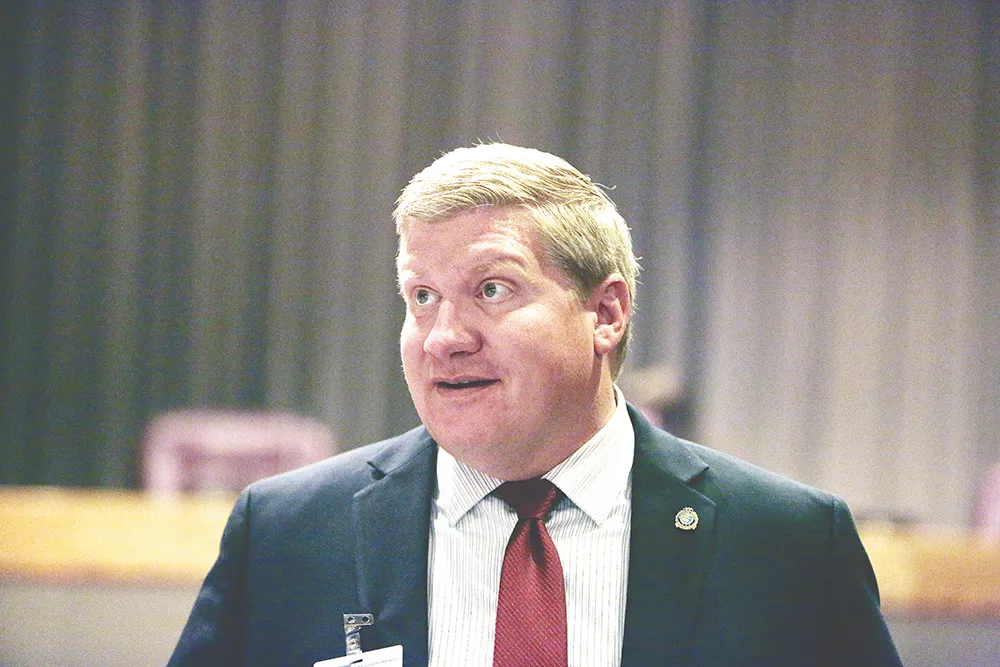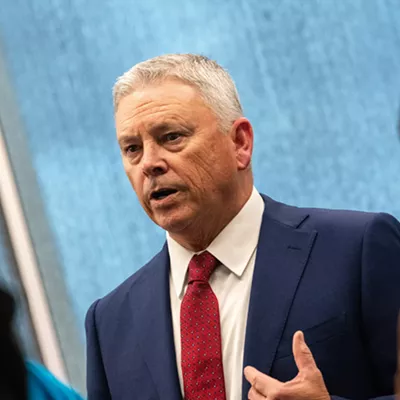In November 2018, the Office of Police Ombudsman Commission — a five-member panel designed to help provide civilian oversight of the Spokane Police Department — filed a complaint with the city alleging that the law enforcement agency was obstructing their work and violating city law. At the time, then Mayor David Condon promised a Human Resources investigation into the issue.
Roughly a year later, the city concluded that the department hadn't engaged in obstruction or violated city law. But members of the commission and Bart Logue, the police ombudsman, dispute its findings, the length of time it took the city to complete the investigation, and its thoroughness.
"It's like City Hall didn't take it seriously," says Jenny Rose, chair of the Office of Police Ombudsman Commission. "It just didn't seem like a complete process."
In their original complaint, which was sent to the mayor on Nov. 13, 2018, the commission accused Spokane Police Chief Craig Meidl of violating city law and that the department had engaged in "continuous interference" with the "independence" of the Office of the Police Ombudsman. They cited the department's refusal to grant an employee of the ombudsman access to internal-affairs files and delays in handing over unredacted case files on use-of-force incidents involving people of color to a commissioner who requested them. The commission even explored pursuing legal action against the department over the issue.
At the time, Chief Meidl argued that staff in the city's legal department had instructed him to not accommodate the requests, citing ongoing contract negotiations with the Spokane Police Guild, the union that represents rank-and-file cops. (The last contract expired in 2016.) Mayor Condon also cited the contract negotiations in a Dec. 4 letter responding to the commission's complaint.
The city's investigation into the complaint, which was conducted by former Human Resources Director Christine Cavanaugh and sent to Rose late last month, found both allegations to be unfounded.
Rose points to the fact that several stakeholders in the issue, like Chief Meidl, weren't interviewed by Cavanaugh as evidence that the process was flawed.
"Some viable people weren't interviewed," she says.
Logue has long contended that the previous police contract gave both him and his staff access to internal-affairs case files. But Cavanaugh's report argues that the department and the Spokane Police Guild have "always interpreted" language in the contract to strictly mean the ombudsman himself — and not his staff.
"I don't think that a proper legal opinion was obtained," Logue writes in a text message. "They just went with what the police said."
On the question of allegedly delaying giving a commissioner access to files concerning use-of-force incidents involving people of color, the report notes that the commissioner who requested the information, James Wilburn, was eventually "provided the opportunity" to view the unredacted body camera footage and that no unnecessary delay occurred. ♦






















